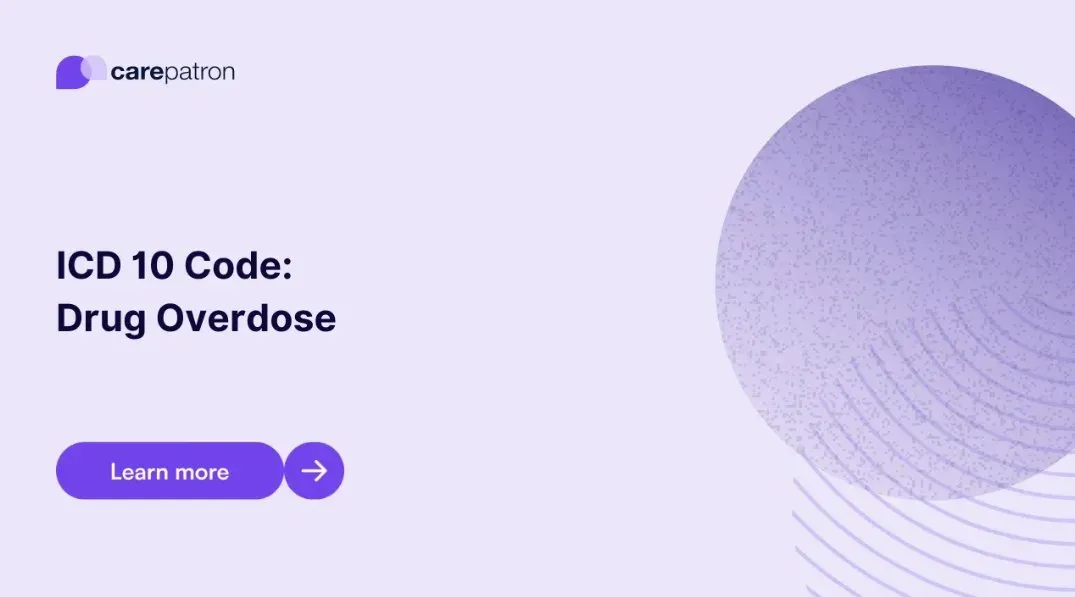
Drug Overdose ICD-10-CM Codes
Learn about the ICD-10 codes used for drug overdose, their clinical applications, and their significance in medical documentation, through this guide.
Use Code
Commonly asked questions
Use a drug overdose ICD code when documenting a case where a patient has taken drugs in quantities greater than recommended, leading to adverse effects.
Treatments vary widely based on the type of drug taken but may include activated charcoal, antidotes, life-support measures like breathing support, and intravenous fluids.
A diagnosis code for drug overdose indicates that a patient has taken a drug in quantities greater than recommended, leading to adverse effects. The specific code can give additional information about the type of drug and whether the overdose was accidental or intentional.
EHR and practice management software
Get started for free
*No credit card required
Free
$0/usd
Unlimited clients
Telehealth
1GB of storage
Client portal text
Automated billing and online payments
